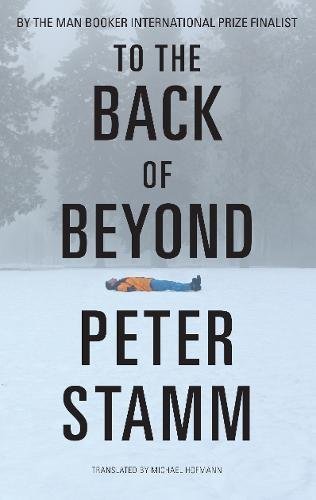What do you think?
Rate this book


320 pages, Paperback
First published February 25, 2016
Thomas roula le journal, le posa sur le banc. Il pris son verre pour le vider, hésita, fit tourner le vin à l’intérieur, puis reposa son verre à côté de celui d’Astrid, qui était vide. C’était moins une pensée qu’une image: le banc abandonné dans la lumière du matin, le journal avec ses pages gondolées par la rosée, et les deux verres avec quelques moucherons noyés nageant à la surface dans celui qui était resté à moitié plein.